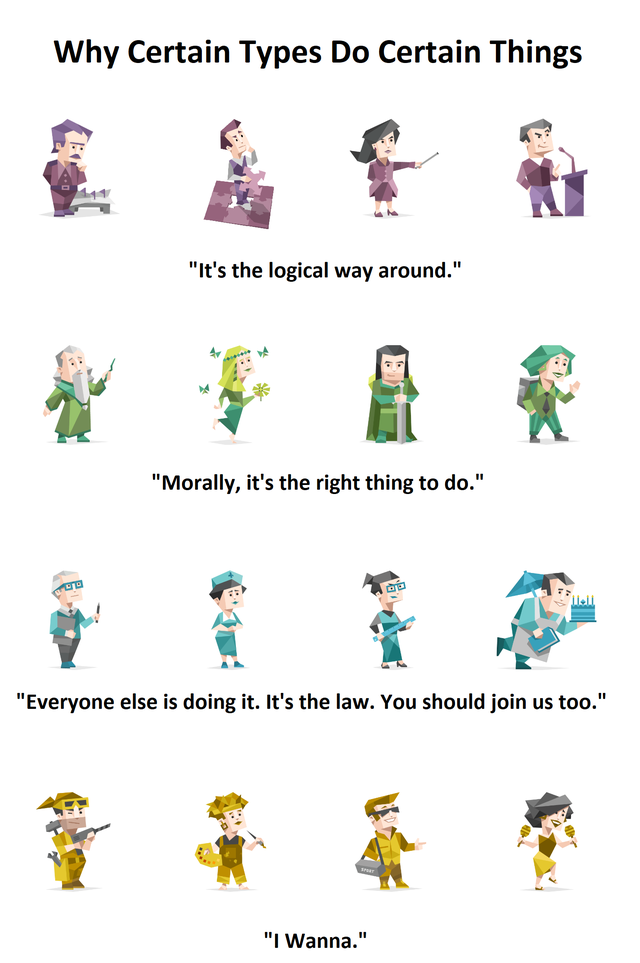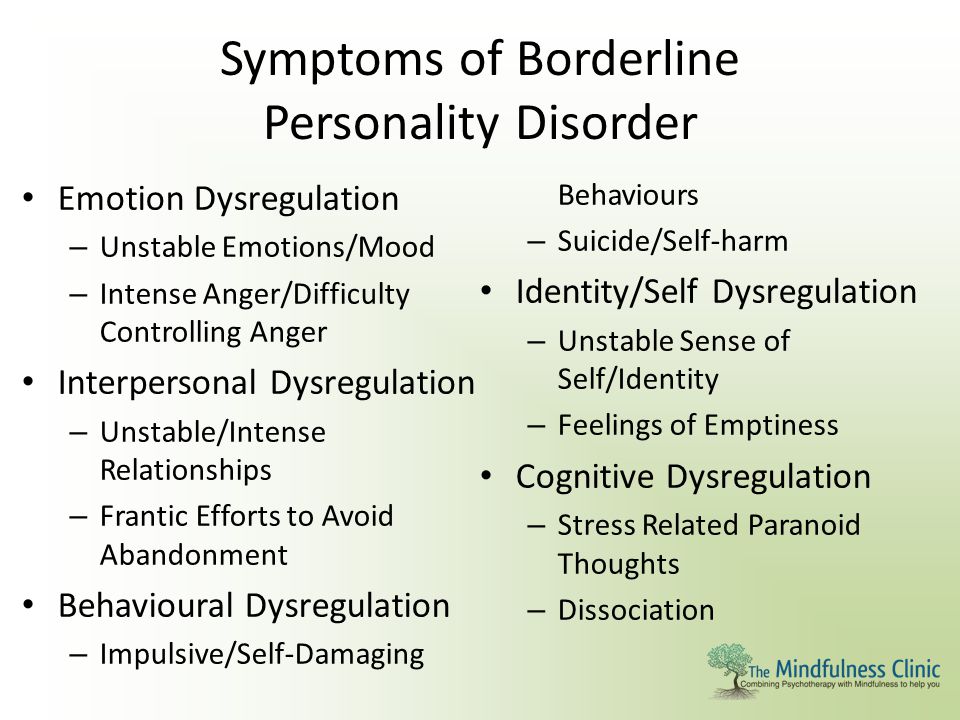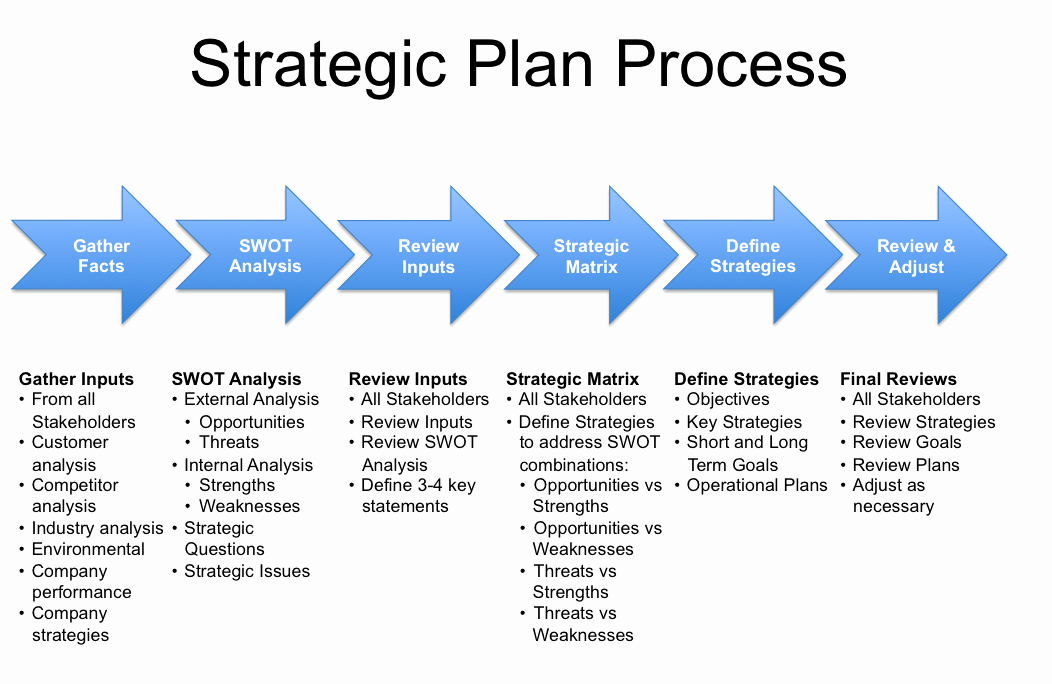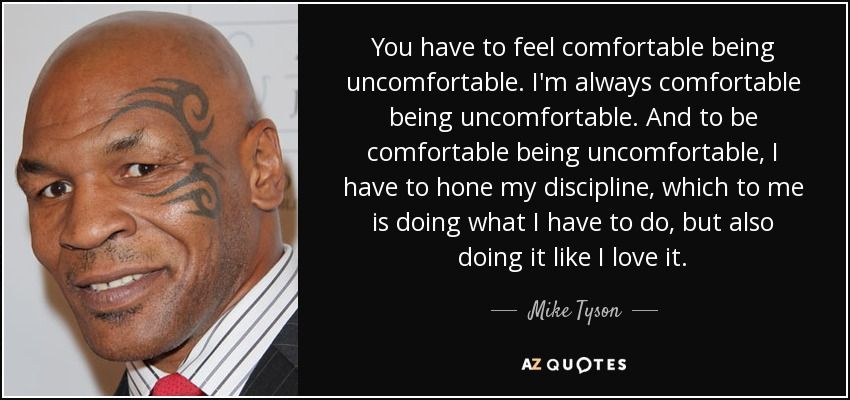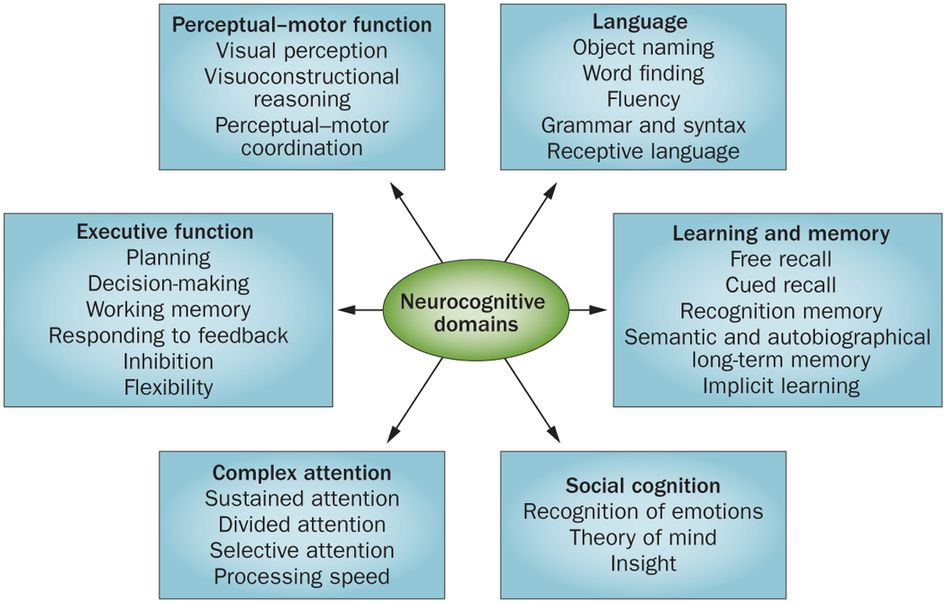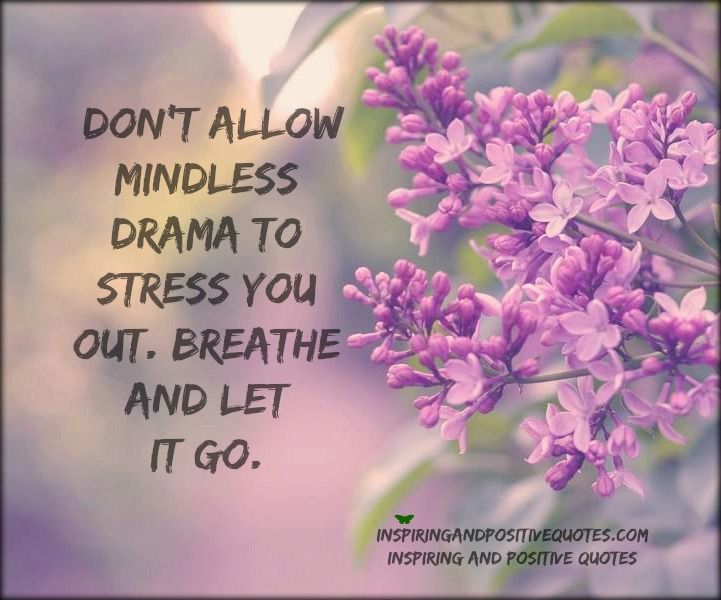Anxiety and low energy
Does Anxiety Make You Tired?
If you often feel anxious, you may recognize this emotional pattern: Something stresses you, a test, a bill, a conflict — and the anxiety begins.
It builds and builds while the physical symptoms — the racing heart, the quickened breath — intensify. And as soon as the stress stops, CRASH. You’re suddenly so tired you could collapse and sleep right on the spot.
Even when anxiety is low-grade or long-term rather than the peak-and-plummet kind, it’s often accompanied by a feeling of exhaustion.
Are anxiety and fatigue interrelated somehow? Here’s what science says about the connection between the two.
Anxiety is a feeling of fear, dread, or apprehension. It can be brought on by a stressful event or by the way you think about an event. Sometimes people feel anxious even when there doesn’t seem to be an external trigger at all.
When you perceive a threat, your hypothalamus, pituitary, and adrenal glands release a torrent of hormones to prepare you to fight, flee, or freeze. In response, you might feel any or all of these physical symptoms:
- shaking
- quickened heart rate
- chest pain
- fast, shallow breathing
- dry mouth
- muscle tension
- dizziness
- nausea
- diarrhea
Given the surge of hormones and the intensity of these symptoms, it isn’t hard to imagine why you’d feel tired after a bout of anxiety. You might feel relieved, drained, or even exhausted.
Most of the time, a good night’s sleep is enough to restore your energy levels. Sometimes, however, the tired feeling doesn’t go away as quickly as you’d like.
Fatigue is a persistent feeling of being either mentally or physically tired. It may feel like a lack of energy, a lack of motivation, or a lack of strength.
The National Health Interview Survey put out by the Centers for Disease Control and Prevention found that women report feeling fatigued more often than men.
It can be brought on by any number of physical conditions, including:
- cancer
- arthritis
- diabetes
- sleep disorders
- stroke
- infections
Fatigue is also associated with a fair number of psychological conditions, including:
- grief
- work-related or financial stress
- depression
- anxiety
Is it adrenal fatigue?The term adrenal fatigue is sometimes used to describe a feeling of tiredness that comes from chronic stress and anxiety.
Some claim that your adrenal glands (two small glands that produce stress hormones) can become worn out by all the upheaval.
A 2016 review of 58 studies concluded that there’s no current research to support the existence of adrenal fatigue. That doesn’t mean your feeling of exhaustion isn’t real. It simply means the reason may not be that your adrenal glands are depleted.
Anxiety can cause you to lose sleep, either because you have trouble falling asleep when you first lie down, or because worries wake you up when you’d otherwise be sleeping. If that’s the case, you may be feeling extra tired during the day.
The relationship between sleep and anxiety is complex. Anxiety can disrupt your sleep and the lack of sleep can eventually make you more anxious. In a 2019 study, people with insomnia were 9.8 times more likely to have anxiety than the people in the study who didn’t have insomnia.
The night shift and anxietyStudies show that people who work the night shift are at a high risk for sleep problems because their sleep cycles (circadian rhythms) are disrupted.
The disturbed sleep pattern makes shift workers more vulnerable to anxiety disorders.
Chronic exposure to stress changes your brain and your body in mostly negative ways. Researchers have found that when you’re exposed to long-term stress and anxiety, it can:
- harm your memory
- affect your judgment
- lead to mood disorders
- suppress your immune system
- cause heart problems
- disrupt your gastrointestinal system
Long-term anxiety and distress are also associated with chronic fatigue syndrome, a condition that makes you feel tired no matter how much rest you get.
If stress and anxiety have left you tired, there are remedies and activities that may help revive you. Here are a few:
- Try revamping your sleep practices. A cool, quiet sleeping space, a regular bedtime, limited naps, and relaxation techniques are key — along with curbing your caffeine and powering down your screens an hour before bed.
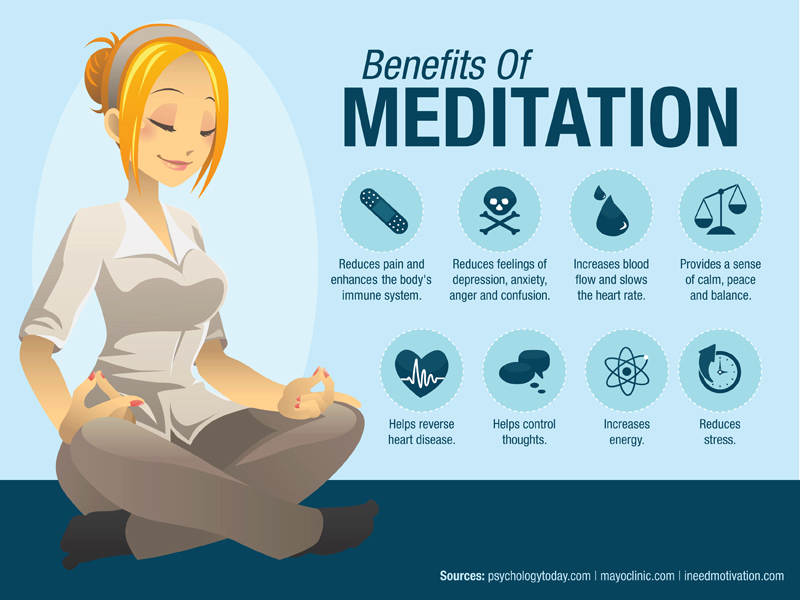
- Get regular exercise. Exercise reduces anxiety sensitivity and promotes healthy and restorative sleep.
- Meditate. Relaxation techniques like meditation and mindfulness can help quiet your mind, regulate your breathing, and lower the amount of stress hormone in your bloodstream.
- Trim the crash-causing foods from your diet. Whole, unprocessed foods, such as lean proteins, bright fruits and veggies, nuts, seeds, and complex carbs, can give you sustained energy. Foods high in saturated fat and sugar are associated with higher anxiety levels, studies show.
- Talk to a therapist. A psychologist or counselor may be able to help you identify your anxiety triggers and develop coping skills that lead to less anxiety and greater relaxation.
- Consider medication. Talk to your healthcare provider about whether your symptoms warrant treatment with anti-anxiety medication.
When to seek medical helpIf anxiety is interfering with your sleep, your relationships, or your ability to function throughout the day, it’s probably time to talk with a healthcare provider about it.
Anxiety can cause serious health problems if left untreated too long, so it’s a good idea to reach out to a health professional to help you identify any underlying causes and come up with a workable treatment plan.
Anxiety causes a hormonal rush that can leave you feeling drained and tired. The crash is probably temporary, but the feeling of exhaustion lasts. Even after you’ve gotten some rest, you may be experiencing fatigue.
Chronic anxiety and fatigue go hand in hand. Anxiety could be interfering with your ability to sleep at night, which can worsen your daytime sleepiness and could lead to other health problems.
To help your body recover from short-term or long-term anxiety, you may want to try relaxation techniques, regular exercise, healthy eating, and good sleep hygiene practices. A healthcare provider may recommend psychotherapy or medication if you just can’t shake that post-anxiety malaise.
Symptoms, Causes and Proven Ways to Relieve Your Fatigue
Anxiety is naturally tiring because it causes ups and downs in your energy levels, which can leave you feeling incredibly drained. Some people feel tired throughout the day, while others feel tired only after an anxiety attack. Others feel extreme fatigue, finding they need to take frequent naps in order to regenerate or feeling as though they can’t focus on life.
Some people feel tired throughout the day, while others feel tired only after an anxiety attack. Others feel extreme fatigue, finding they need to take frequent naps in order to regenerate or feeling as though they can’t focus on life.
Feeling tired is a natural bodily reaction that is often caused by stress and anxiety. In this article, we’ll explore the origins of tiredness related to anxiety and what can be done to fight it.
Causes of Tiredness
Tiredness is natural in life, especially if you are not getting enough sleep; but if you have anxiety, you may end up feeling more exhausted than is normally expected.
Many factors may explain why your anxiety is making you tired. The most common ones include the following:
Post-Anxiety Crash
The main reason has to do with the crash you feel after your adrenaline runs out. The official name for this phenomenon is adrenal fatigue. Anxiety is like being on high alert. Your body is preparing you to fight or flee; and so it is flooded with energy so that you can respond to a threat.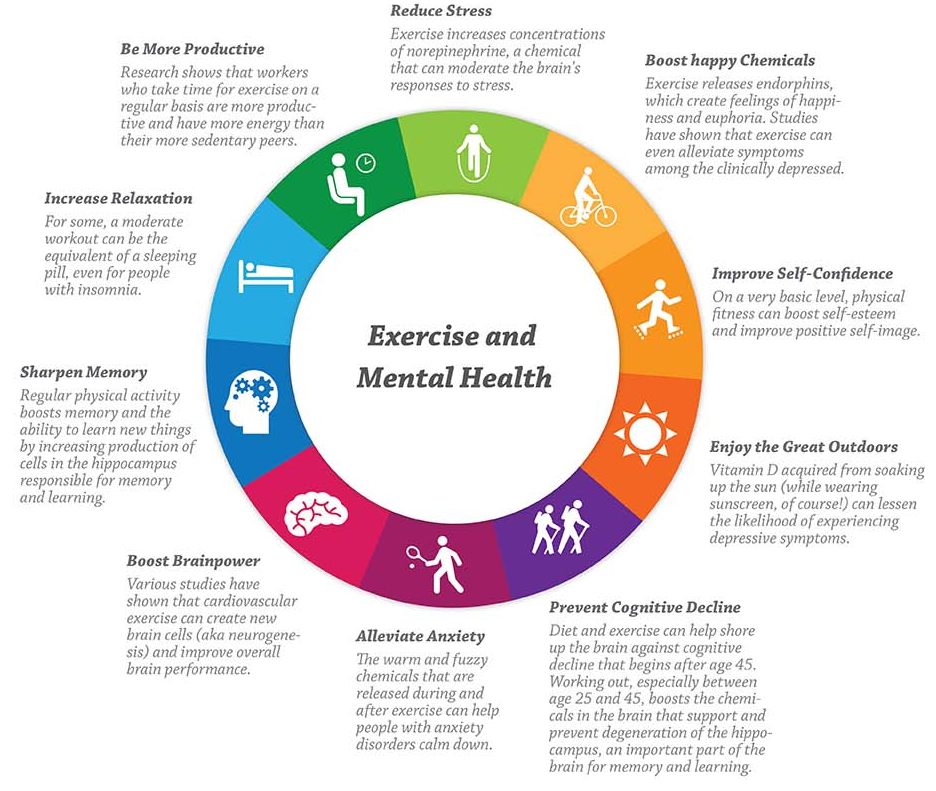 Then, when that adrenaline runs its course, your body goes through a crash that can leave you feeling drained.
Then, when that adrenaline runs its course, your body goes through a crash that can leave you feeling drained.
Post Muscle Tension
Anxiety causes profound muscle tension throughout the day, and this often results in a similar “drained” feeling: your body feels tired.
Mental Tiredness
Some of that tiredness is entirely mental simply because your brain — like a muscle — can run out of strength. Anxiety is linked to ongoing, stressful thoughts and an overactive brain. It taxes your cognitive capacities, leading to a drain on your ability to think and react. It also increases your emotional load (due to distressing thoughts), which means you end up emotionally and mentally drained. So it should come as no surprise that all those thoughts make your body tired to the point that it wants you to rest.
Coping
Becoming tired is sometimes a coping mechanism that your body uses to prevent you from experiencing severe stress. Tiredness motivates you to take a break and rest rather than exposing yourself to more anxiety, which could become even more overwhelming.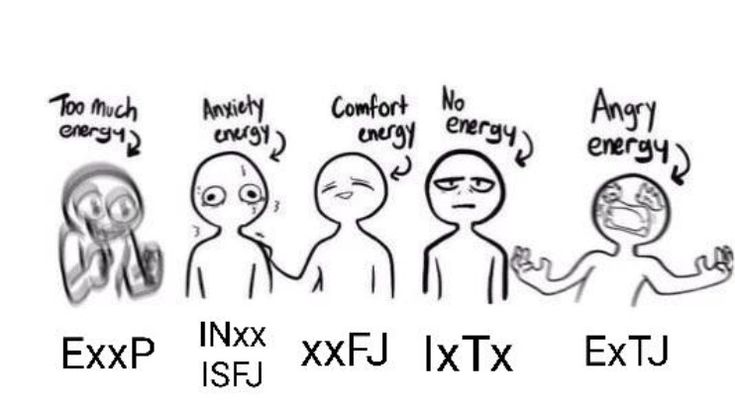
Inappropriate Naps
Do you often nap during the day? Napping can help you overcome fatigue and reduce anxiety, making it a useful habit in many ways. But too much napping makes it harder to sleep at night, which in turn may increase your anxiety. Naps should ideally last less than 20 minutes to avoid sleep difficulties at night.
Sleep Issues
Many people with severe stress and anxiety also develop serious problems sleeping, for instance, difficulty falling asleep, nocturnal waking (waking up at night without realizing it), and reduced quality of sleep. All of this contributes to an overall lack of sleep, which causes tiredness.
Depression
Finally, anxiety can cause temporary or full depression, especially after an anxiety attack. Depression is linked to a huge loss of energy; and that makes it extremely hard to stay alert throughout the day. If you struggle with depression, it may also be worth speaking with someone to see if you qualify for a diagnosis of major depression, for which treatment might be necessary.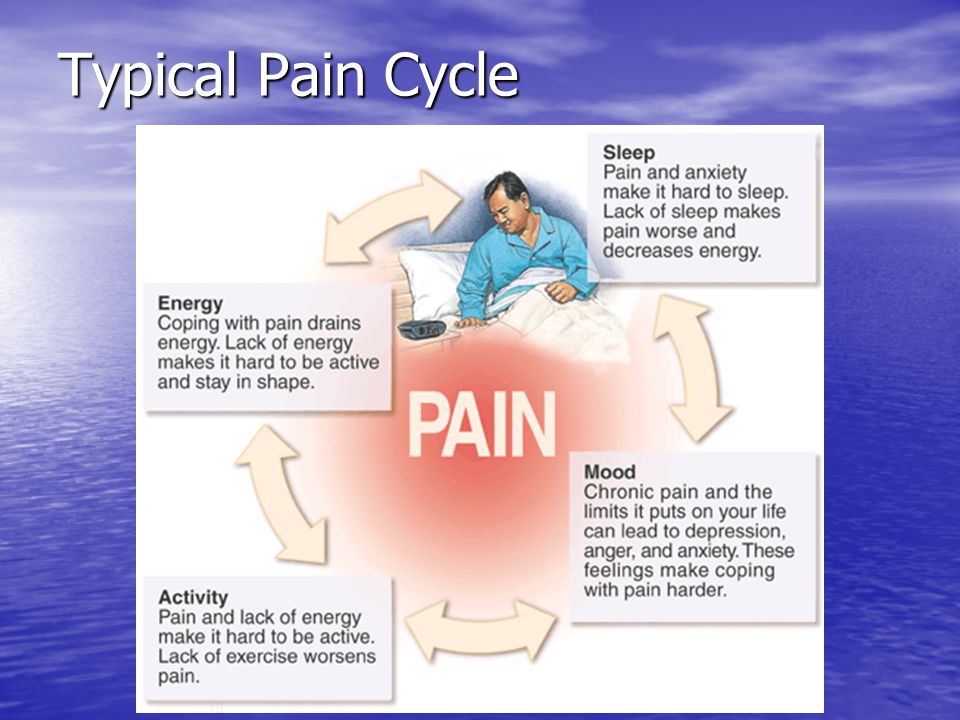
All of these are contributing factors that explain why tiredness may be linked to anxiety, and they don’t even include the hormonal and neural changes that occur during times of severe stress.
What You Can Do To Stop Tiredness
Stopping tiredness is difficult because tiredness is your body’s way of promoting rest when it feels it needs a break. Drinking coffee is one way of doing this, but ideally, you don’t want to do it because it can make your anxiety symptoms worse and make it harder to sleep restfully at night.
The following are some approved ways to address tiredness:
- Taking SHORT Naps: Long naps can be problematic for your sleep needs, but short naps of 20 minutes or less can help your body regain some much needed energy.
- Sleep Hygiene: The National Sleep Foundation recommends “sleep hygiene” tactics to make it easier to get rest, including avoiding any caffeinated food and drink near bedtime, exercising during the day to promote sleep quality, avoiding heavy and rich food before bed, and getting adequate exposure to natural light.
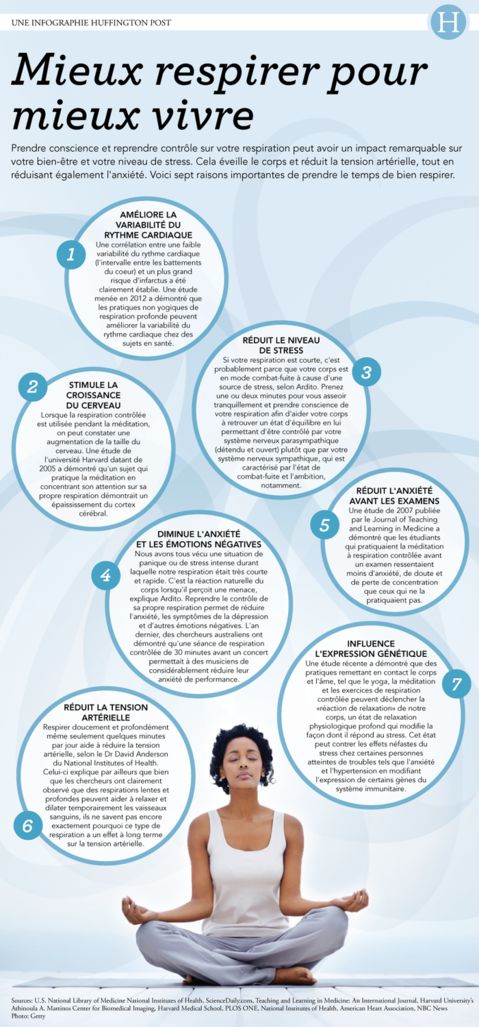
- Engage in Relaxation Strategies: Utilizing relaxation strategies can be valuable for reducing tiredness. Using practices like deep breathing and progressive muscle relaxation can reduce stress during the day so that you are less drained overall.
Finally, the most important change to make is to prioritize reducing your anxiety. Tiredness is much easier to prevent than it is to stop. That’s why you need to take steps to start controlling your anxiety better. The less intense your anxiety is, the less tired you should feel.
SUMMARY:
Anxiety not only causes feelings of tiredness as a symptom - it also causes changes to how your body operates that can make you genuinely sleepy. Often times, the solution involves simply getting rest, as your body is telling you it is tired because it needs to recharge after a day of struggling with anxiety. If the goal is to be less tired, then the only way is going to be to reduce anxiety and its symptoms.

Was this article helpful?
- Yes
- No
Anxious personality disorder - symptoms, causes, stages
Anxiety personality disorder is a disorder in which a person is characterized by isolation, feelings of inferiority, asociality, avoidance of communication with others because of fear of being criticized. Often associated with symptoms of other anxiety spectrum disorders.
The disease most often occurs in people aged 15 to 35 years.
Disease definition
The most common types of disorder are anxiety avoidant personality disorder and phobic disorders. Such a state is characterized by a feeling of anxiety - anxiety of ongoing events and fear - a reaction to what is happening. nine0003
Anxiety is an individual feature of a person, therefore it does not manifest itself in everyone.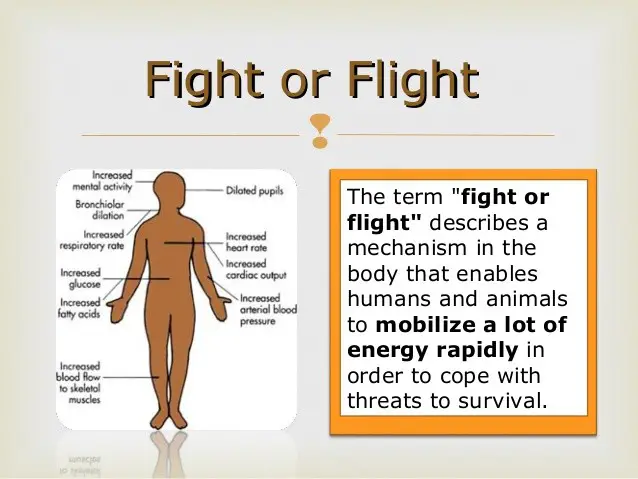 A person with increased anxiety tends to worry about every trifle.
A person with increased anxiety tends to worry about every trifle.
The condition can be diagnosed if its symptoms appear for six months and significantly worsen the quality of a person’s life. Among the physical disorders that can lead to such disorders are hyperthyroidism, ischemia, caffeine, alcohol and drug addiction (from cannabis), and drug withdrawal symptoms. nine0003
The ICD-10 code for avoidant personality disorder is F60.6. In order to make this diagnosis, the patient must have the following behavioral symptoms (at least 4):
- Constant tension and anxiety.
- Low self-esteem and feelings of inadequacy.
- Increased suspiciousness and a feeling of criticism from others.
- Communication only with those people who, in the opinion of the patient, like him. nine0020
- Avoiding active interpersonal contact for fear of criticism.
Another type of disorder is distinguished - anxious depressive personality disorder, in which the patient equally has symptoms of both anxiety and depression, however, individually they are not so pronounced as to diagnose the disorder.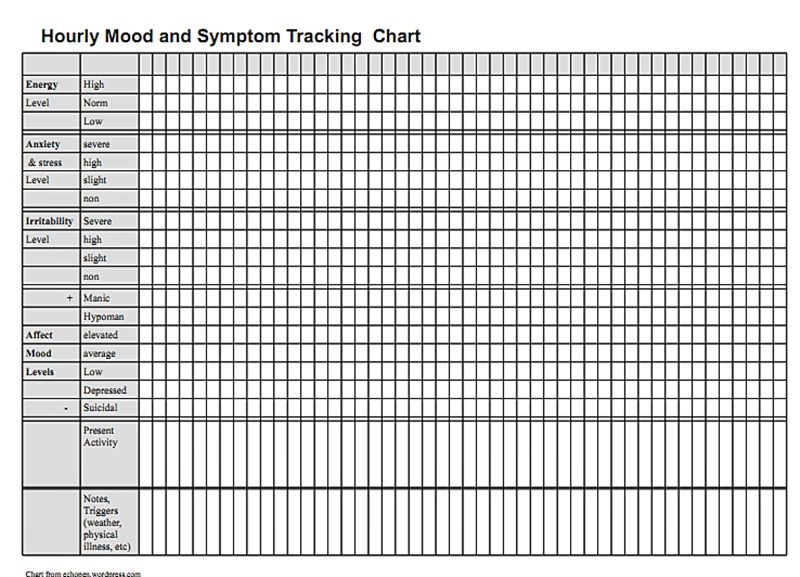 Such a diagnosis should be made only by an experienced doctor, with an appeal to which one cannot delay. This type of disease often causes suicidal thoughts, which many patients translate into reality. nine0003
Such a diagnosis should be made only by an experienced doctor, with an appeal to which one cannot delay. This type of disease often causes suicidal thoughts, which many patients translate into reality. nine0003
Symptoms and signs of anxiety disorder
Symptoms of an anxious personality disorder manifest themselves in childhood, when the child is shy, fearful, afraid to meet people, go to the blackboard, be the center of attention. Closer to adolescence, the symptoms become more pronounced. Such people do not have many friends, they avoid social events, preferring to spend time alone with books or a computer. Patients with anxiety disorder distance themselves from others, fearing criticism and disapproval, worry about any minor trifles. nine0003
In the future, such patients do not develop a career because of their awkwardness and inexperience in relationships. They prefer quiet, inconspicuous work, in which they do not have to manage people and speak in public.
Internal tension does not allow them to communicate with others.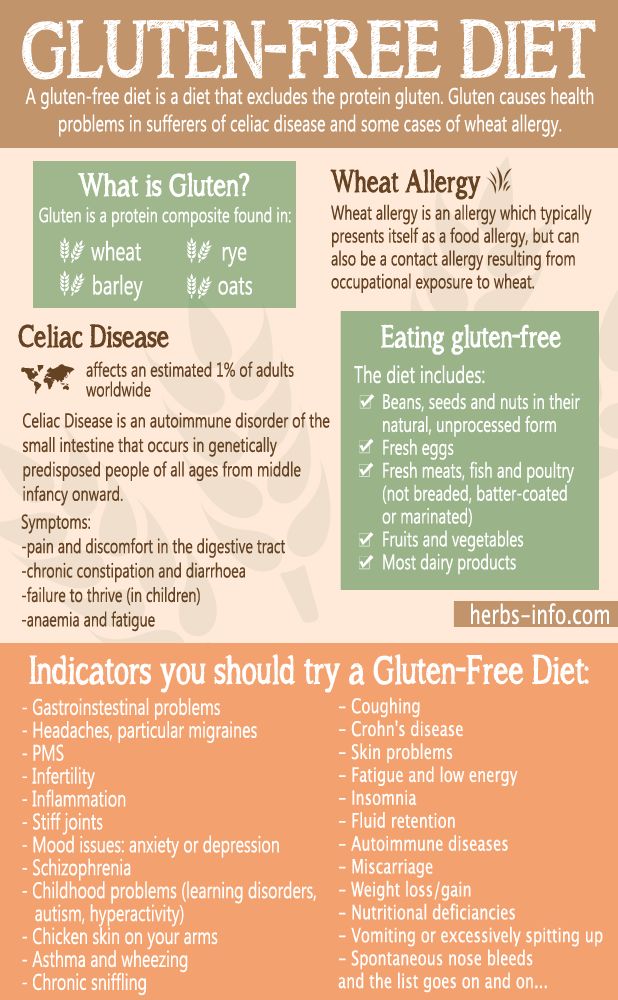 From the outside, they seem ridiculous, closed, strange and even arrogant, which often causes negativity in the interlocutor. Such a condition prevents the patient from turning even to a psychologist. If it seems to him that the doctor does not approve of his behavior or does not accept, then the patient may abruptly interrupt therapy and close even more. Therefore, it is so important that the specialist is qualified and has experience working with such patients. nine0003
From the outside, they seem ridiculous, closed, strange and even arrogant, which often causes negativity in the interlocutor. Such a condition prevents the patient from turning even to a psychologist. If it seems to him that the doctor does not approve of his behavior or does not accept, then the patient may abruptly interrupt therapy and close even more. Therefore, it is so important that the specialist is qualified and has experience working with such patients. nine0003
Signs of an anxious personality disorder may be accompanied by tachycardia, abdominal pain, excessive sweating, migraine, dizziness, stool disturbance, and muscle pain.
Among the symptoms that can give out an anxiety disorder are the following:
- The problem is concentration.
- Insomnia.
- Lack of energy.
- Nervous state.
- Feeling of anxiety.
- Tearfulness. nine0020
- Pessimistic mood.
- Low self-esteem, a tendency to belittle.
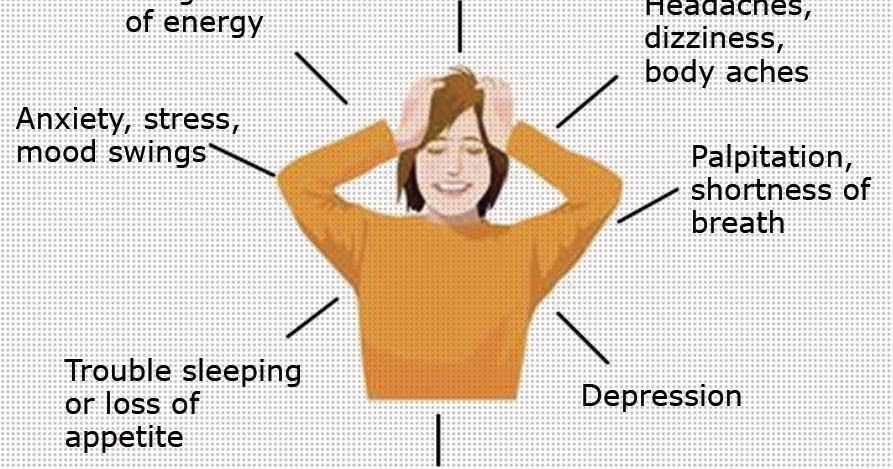
- Excessive tension in all aspects.
- Decreased mood, apathy.
It can be difficult to diagnose the disorder due to concomitant somatic diseases - digestive disorders, headaches, and so on. Often, therapists, without revealing a somatic pathology, diagnose vegetovascular dystonia, which completely deprives the patient of the opportunity to visit a psychotherapist or psychiatrist, since the disorder is mental in nature. According to statistics, only 1/3 of patients reach these doctors, the rest are treated for somatic manifestations of an anxiety disorder. Therefore, it is so important to contact a specialized clinic, where highly specialized doctors work, who can establish an accurate diagnosis. nine0003
Causes of disease manifestation
The causes of anxiety disorder are not fully understood by experts.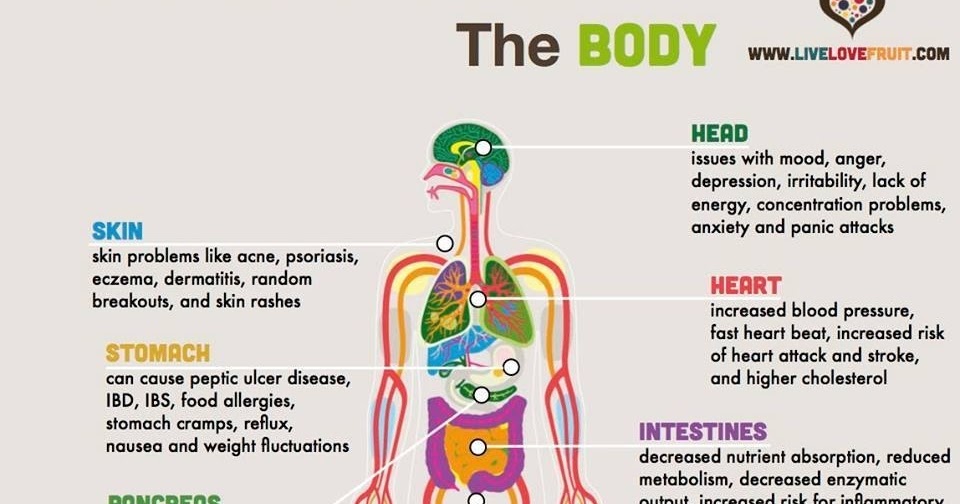 It is assumed that the basis of the disease is hereditary predisposition, character trait and temperament, as well as the style of education in the family. At a younger age, a person is shy, shy, withdrawn, it is difficult for him to get used to everything new. Although, in some cases, these signs are not direct indicators of the presence of an anxiety state. The timidity of a child is a natural stage in the development of his psyche, which, as he grows up, disappears without a trace. nine0003
It is assumed that the basis of the disease is hereditary predisposition, character trait and temperament, as well as the style of education in the family. At a younger age, a person is shy, shy, withdrawn, it is difficult for him to get used to everything new. Although, in some cases, these signs are not direct indicators of the presence of an anxiety state. The timidity of a child is a natural stage in the development of his psyche, which, as he grows up, disappears without a trace. nine0003
Sometimes an anxiety disorder manifests itself in conditions of constant criticism from others, rejection and rejection of society. The atmosphere in the family also plays a significant role.
The pathogenesis of anxiety personality disorder lies in the biological aspect. Low levels of GABA and neurotransmitters that reduce the activity of the central nervous system provoke feelings of anxiety. The amygdala plays a significant role in the processing of fear. Violation of its performance, also, can lead to an alarming state. nine0003
nine0003
Stages of anxiety disorder
There are 3 main stages of anxiety:
- Anxiety stage. On it, a person does not realize the presence of this disorder in himself, takes it for suspiciousness. The patient regularly experiences anxiety, however, does not find anything wrong with this. In this state, a person can be a long time, until the end of life.
- In some cases, the first stage smoothly passes into the second. Anxiety is growing, fear is already beginning to manifest itself physically - fever, chills, muscle tension, tachycardia, dizziness, weakness, nausea, loss of a sense of reality. Symptoms manifest themselves at first in a stressful situation, and then in everyday life. The second stage is accompanied by recurrent symptoms in a normal situation and increased anxiety during the day. The person is aware of his anxiety. It can be reduced at this stage by getting rid of negative emotions, using relaxation methods, and forming the right lifestyle.
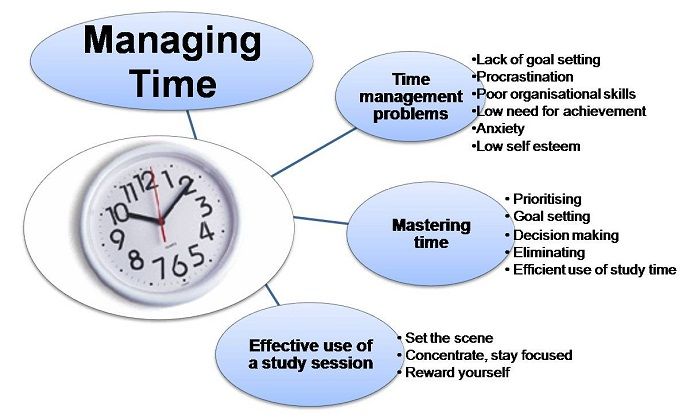 nine0020
nine0020 - In the third stage, panic attacks join the feeling of anxiety, which can be both episodic in nature and accompany a person constantly. The patient also has difficulty sleeping and eating.
If a person has been at this stage for more than 2 years, then it gradually develops into the last stage and becomes a stable state for him. At this stage, you will need not only psychotherapy, but also medication. However, even at stage 1, a consultation with a psychotherapist is required, which will help either exclude or establish a diagnosis of an anxiety disorder, prescribe an effective treatment so that the disease does not develop further. nine0003
Types of anxiety disorder
Experts identify 9 main types of anxiety personality disorder.
- Generalized anxiety disorder is the most common subtype of AD. Patients with this diagnosis feel constant anxiety throughout the day, worry about any household trifles.
- Phobias. This type of anxiety combines fears and anxieties associated with a particular situation. Phobias are observed in 10% of the population worldwide. The patient is terrified of the upcoming object that causes negative events in him - a place or an animal.
- Panic attacks. When they occur, a person experiences brief bouts of fear and anxiety, often accompanied by tremors in the body, dizziness, nausea, or difficulty breathing.
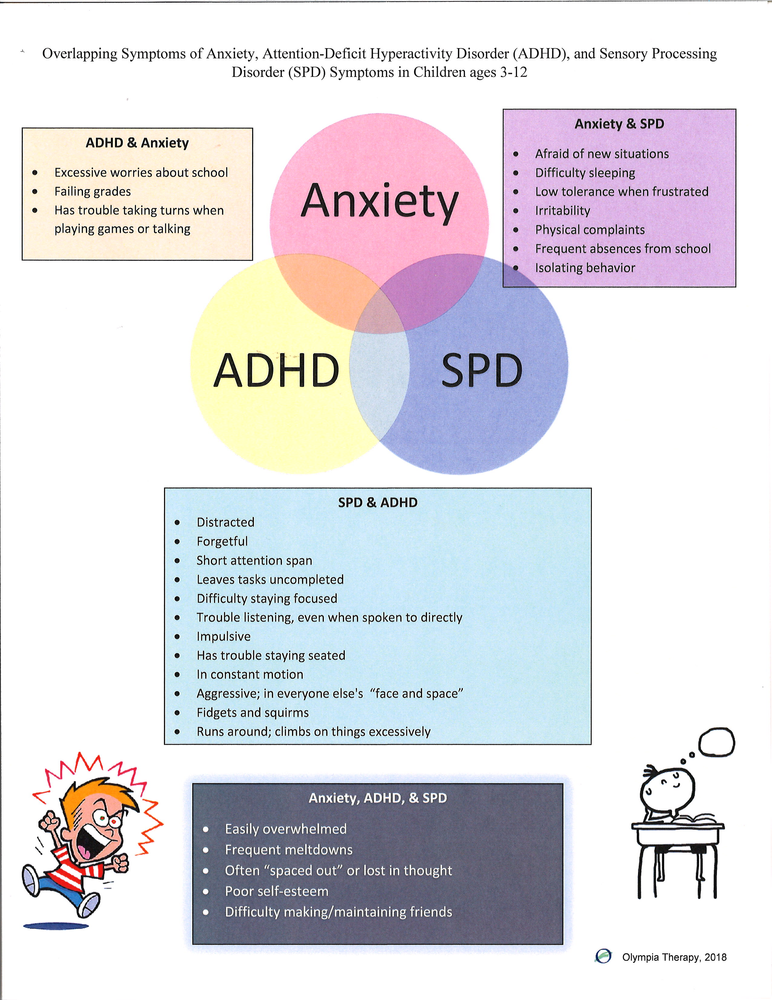 Already 10 minutes after the start, they reach their peak and can last several hours. In order to be diagnosed with panic disorder, it must have chronic consequences: fear of future attacks, changes in behavior, heart palpitations. By the way, patients often confuse the latter sign with heart problems, the thought of which can cause a second panic attack. nine0020
Already 10 minutes after the start, they reach their peak and can last several hours. In order to be diagnosed with panic disorder, it must have chronic consequences: fear of future attacks, changes in behavior, heart palpitations. By the way, patients often confuse the latter sign with heart problems, the thought of which can cause a second panic attack. nine0020 - Agoraphobia. Another type of anxiety disorder in which people are afraid of public places and open spaces. Agoraphobia is closely related to panic disorder and is often the result of its manifestation.
- Social anxiety disorder or social phobia usually occurs under certain circumstances, such as before public speaking. The person is embarrassed, fearful and humiliated.
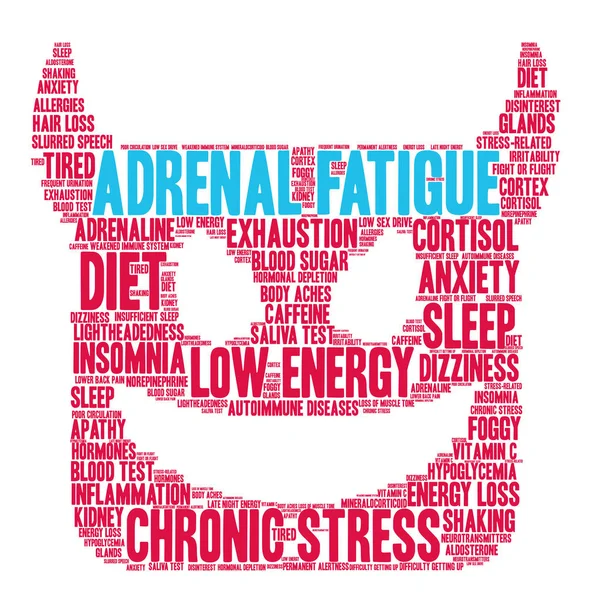 The disorder can manifest itself physically: redness, sweating, difficulty speaking. People experiencing social phobia try to avoid the source of anxiety, which often leads to complete social isolation.
The disorder can manifest itself physically: redness, sweating, difficulty speaking. People experiencing social phobia try to avoid the source of anxiety, which often leads to complete social isolation. - Post-traumatic stress disorder (PTSD) as a result of a negative event: from rape to a natural disaster. It occurs as a result of prolonged stress and is accompanied by sleep disturbance. nine0020
- Situational anxiety arising from a change in environment and changing events that makes a person uncomfortable. This type of disorder is common among a certain type of people. They may experience anxiety in crowds, dark spaces, shops, and other public places. Often this anxiety leads to panic attacks.
- Obsessive-compulsive disorder (OCD) is a condition of obsessions, thoughts, images and repeated performance of certain actions (rituals). OCD causes feelings of anxiety and impaired socialization. A person realizes the unreasonableness of his actions and tries to fight thoughts and behavior.
 nine0020
nine0020 - selective mutism. Another type of disorder that occurs in people who are shy and have social anxiety. The disorder is manifested by the silence of a person who is able to talk, in certain situations and with certain people.
To make such a diagnosis, the patient must have at least 3 signs of the disease: anxiety, fatigue, irritability, insomnia, muscle tension, impaired concentration. The most common type of generalized anxiety disorder occurs in older people. Often, anxiety is a consequence of another disease, or occurs as a result of the use of narcotic and psychotropic substances. Outwardly, a person looks tense, he has hyperhidrosis, tearfulness, a depressive state are manifested. nine0003
The most common type of generalized anxiety disorder occurs in older people. Often, anxiety is a consequence of another disease, or occurs as a result of the use of narcotic and psychotropic substances. Outwardly, a person looks tense, he has hyperhidrosis, tearfulness, a depressive state are manifested. nine0003
Among the most common phobias are the fear of flying in airplanes, the sight of blood, water, heights, darkness, closed spaces, reptiles and spiders. A person is fettered by fear, the heartbeat quickens, he experiences trembling and shortness of breath at the sight of what causes horror in him. As a rule, it is impossible to overcome a phobia in a person on his own. nine0003
Sometimes the term is used to refer to avoidance behavior after a panic attack. For example, if after the next attack a person is afraid to drive a car, then he will continue to avoid doing it. Such behavior is a direct path to even greater fear. nine0003
Sequelae of anxiety disorder
Anxiety should not be left unattended. Their diagnosis, treatment and control are best entrusted to competent doctors in a specialized clinic. Among the socio-psychological complications of TR can be identified: sleep disturbance, low self-esteem, accompanying feelings of hopelessness, social isolation. Lack of energy and depressed mood do not allow a person to actively develop and change under the realities of our time. Job loss, financial difficulties, family breakup can be the consequences of such conditions and further aggravate the condition. Often, anxiety provokes the onset of depression - a condition fraught with suicidal thoughts and attempts to carry it out. nine0003
Feelings of anxiety also arise as a result of the use of drugs, alcohol or nicotine.
Complications of anxiety personality disorder are also physical in nature. The patient experiences pain in the intestines, heartburn, problems with stools, insomnia, migraine. Often, the disorder is accompanied by a loss of sexual interest in a partner and fluctuations in weight, a decrease in immunity and white blood cells. According to researchers, stress can also trigger the appearance of allergies and autoimmune diseases. nine0003
A constant feeling of anxiety, restlessness and insecurity is a clear sign to contact an experienced psychiatrist. Sometimes patients, due to their individual characteristics and due to illness, cannot do this. Relatives should take on this role, gently and tactfully point out to a loved one the presence of the disease. The specialist will help to overcome psycho-emotional dependence and restore strength.
Diagnostics
The diagnosis of anxiety disorder is difficult due to the lack of specific biomarkers. In order to detect anxiety symptoms, the specialist conducts a conversation with the patient and special psychological testing using the Beck Anxiety Scale, the Tsung Self-Assessment Anxiety Scale, and the Taylor Anxiety Scale. nine0003
nine0003
The criteria for making a diagnosis are the following persistent signs that haunt the patient for a long time:
- social awkwardness;
- belittling one's own value;
- internal tension;
- restriction in social communication for fear of criticism and disapproval.
The treatment of this disorder is carried out by a psychotherapist who, if necessary, will prescribe a consultation with a psychiatrist. Anxiety disorders sometimes occur along with depression, while sharing the same symptomatology. nine0003
According to studies, anxiety disorders often occur in those people whose relatives have also been diagnosed with such a diagnosis. The disorder is sometimes accompanied by a sexual disorder or arises from a common mass of causes. This is especially true in patients with panic disorder.
When making a diagnosis, first of all, it is necessary to exclude a medical pathology with similar symptoms:
- endocrine diseases;
- metabolic dysfunction; nine0020
- deficiency of vitamin D and folic acid;
- diseases of the gastrointestinal tract, blood and heart;
- dementia, sclerosis and other brain diseases.

Treatment for anxiety disorder
The goal of treatment is to reduce the level of anxiety and improve the quality of life of the patient. The doctor, with the help of special psychoanalytic techniques, helps a person to realize the presence of a disorder and understand the reasons that prompted him.
Some of the most effective treatments for anxiety disorder symptoms include:
- Cognitive behavioral therapy that aims to change the patient's thinking and behavior. A psychotherapist in the course of therapy helps a person not only to detect this disorder and identify its causes, but also to form new thinking, teach how to communicate with people and form adaptive patterns of behavior.
- Family therapy. The family plays a significant role in the treatment of any mental illness, especially when it comes to a child or adolescent. Family therapy is aimed at identifying problems in the family and methods of dealing with them, eliminating negative factors that contribute to the development of an anxiety disorder.
 nine0020
nine0020 - Medical therapy. Your doctor may prescribe antidepressants and benzodiazepines, psychoactive drugs that have sedative and sedative effects.
In no case should you use drugs on your own. They are selected individually and only as prescribed by a doctor, after a thorough examination and identification of symptoms of an anxiety disorder.
+7 (495) 121-48-31
Prevention of Anxiety Personality Disorder
With anxiety attacks, the patient should try to cope on their own. To do this, you can perform certain breathing exercises, belly breathing, nostril breathing techniques and mindfulness "here and now" techniques. nine0003
Among the main recommendations of anxiety personality disorder is a change in the patient's lifestyle. This is a set of measures aimed at eliminating negative factors that provoke anxiety:
- Physical exercise.
- Observance of sleep and rest.
- Reducing caffeine intake.
- Rejection of bad habits.
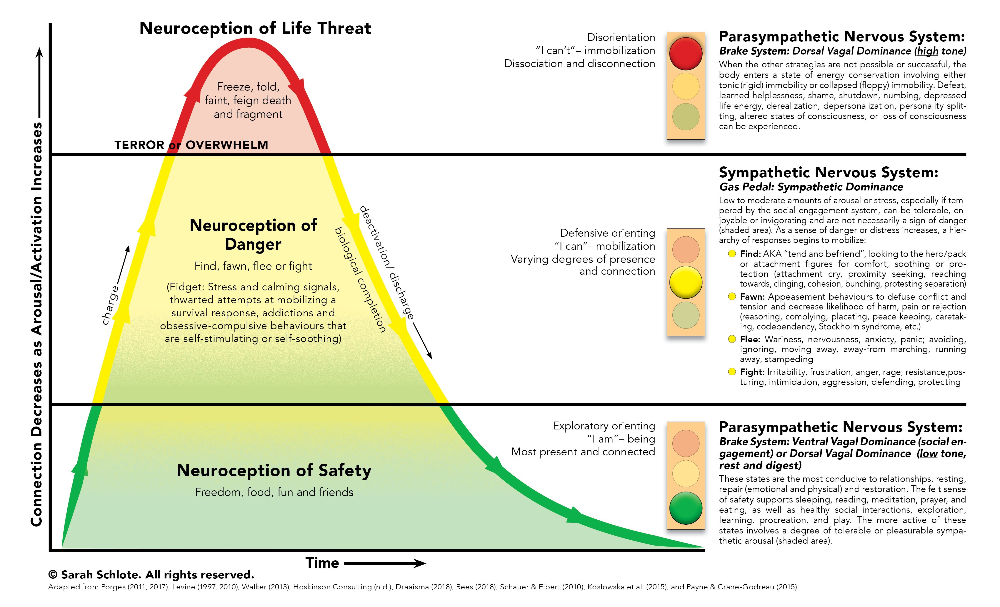
The prognosis depends on the severity of the disorder and the effectiveness of the prescribed treatment by a specialist. nine0003
References:
- Akzhigitov R.G. Complex use of tranquilizers, beta-blockers and psychotherapy in the treatment of anxiety in patients with borderline mental disorders.
- Aleksandrovsky Yu.A. Initial manifestations of neurotic disorders.
- Aleksandrovsky Yu.A., Poyurovsky M.V., Neznamov G.G., Seredenin S.Yu., Krasova E.A. Lipid peroxidation in emotional stress and neurotic disorders. nine0020
- Vertogradova O. P., Dovzhenko T. V., Melnikova T. S. Depression and panic disorder.
- Kaplan G.I., Sadok B.J. Clinical Psychiatry. M.: Medicine.
- Riemann Fritz. Basic forms of fear. M.: Aleteya.
- Ushakov G.K. Borderline neuropsychiatric disorders.
Personal coach: how to deal with increased anxiety at work success as never before. But then suddenly an amazing surge of strength begins .
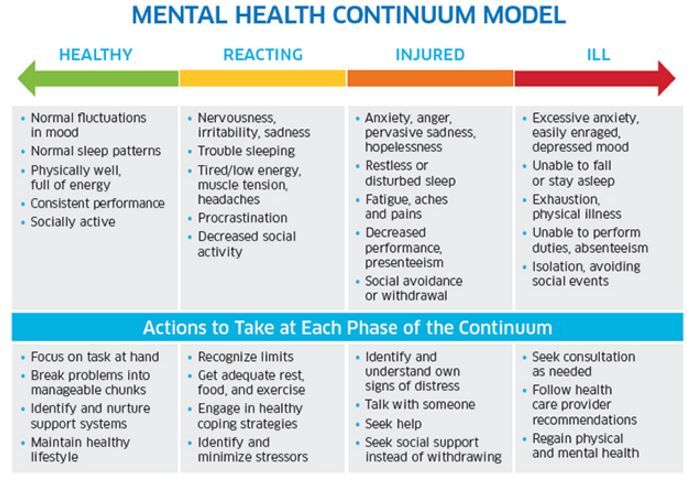 .. ”- this is how the well-known Japanese entrepreneur, founder of Honda Motor, Soichiro Honda, described his anxiety before the most significant decisions and meetings. nine0003
.. ”- this is how the well-known Japanese entrepreneur, founder of Honda Motor, Soichiro Honda, described his anxiety before the most significant decisions and meetings. nine0003 On the one hand, anxiety is a useful experience that helps to feel the importance of the moment, turn on defense mechanisms in time, and mobilize the emotional reserve. Normal anxiety, experienced during periods of high responsibility, uncertainty, difficulties, unpredictable changes, is characteristic of each of us. Anxiety also arises when new possibilities are revealed to a person. No wonder the Danish existentialist philosopher Søren Kierkegaard called anxiety our “best teacher.” Feeling anxious, the employee tries to foresee everything, do everything in advance, think through all the risks and barriers, present and discuss all the consequences of his decisions, actions, initiatives. As a result, carefully prepared, balanced and comprehensive analytical reports, presentations, conclusions, letters, memos appear.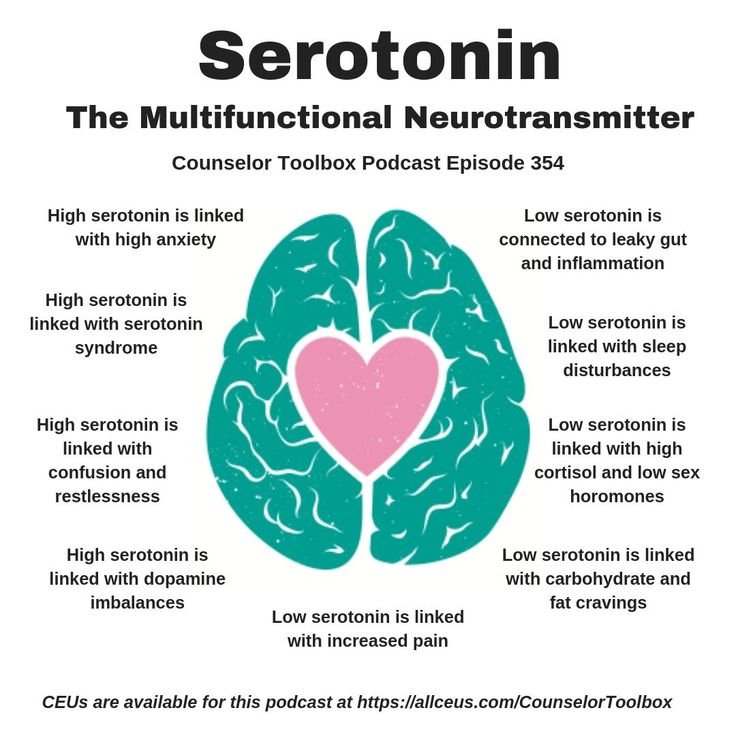 nine0003
nine0003
From public people, artists, numerous cases are known, when just the absence of anxiety led to unsuccessful performances, weak or even disrupted performances.
On the other hand, sometimes natural and temporary anxiety turns into a stable personality trait. “I had to work with such a leader for more than one year,” an expert from the organizational design department of a large energy company told me. “And it was a nightmare. He was in endless worries, he constantly hurried us, pulled. In any case, he paid attention to the most insignificant details, predicted negative scenarios and outcomes, he himself was tormented by doubts and tormented others. Instead of setting up for the result and inspiring, he disorganized the work with his words and actions. I know that he dreamed of a further career, but it was anxiety that became his limiter. And this is no coincidence. nine0003
Anxious people feel unreasonable fear all the time. Their main message to the outside world is “what if something happens”. Leaders are always expected to be courageous, resistant to stress, far-sighted, reliable, and able to inspire people to believe in success. But it is precisely these qualities that anxious people lack. They have low self-esteem, are extremely insecure in their abilities, are afraid to make a mistake, to be ridiculed, humiliated, rejected. Their inherent sense of fear of the unknown leads to the fact that they rarely take risks, avoid decisive actions, and do not show initiative. I know of a few cases where very anxious people, being ambitious, sociable, with good intellectual abilities, nevertheless ended up at the highest level of leadership. But none of them could hold on to a responsible position for a long time - first of all, they were let down by their own emotions and shaky health. Anxious leaders took all events too close to their hearts, worried about every occasion (and there were always a huge number of such reasons). In difficult negotiations, where composure and equanimity were required, they got excited, nervous, fussed - and lost.
Leaders are always expected to be courageous, resistant to stress, far-sighted, reliable, and able to inspire people to believe in success. But it is precisely these qualities that anxious people lack. They have low self-esteem, are extremely insecure in their abilities, are afraid to make a mistake, to be ridiculed, humiliated, rejected. Their inherent sense of fear of the unknown leads to the fact that they rarely take risks, avoid decisive actions, and do not show initiative. I know of a few cases where very anxious people, being ambitious, sociable, with good intellectual abilities, nevertheless ended up at the highest level of leadership. But none of them could hold on to a responsible position for a long time - first of all, they were let down by their own emotions and shaky health. Anxious leaders took all events too close to their hearts, worried about every occasion (and there were always a huge number of such reasons). In difficult negotiations, where composure and equanimity were required, they got excited, nervous, fussed - and lost.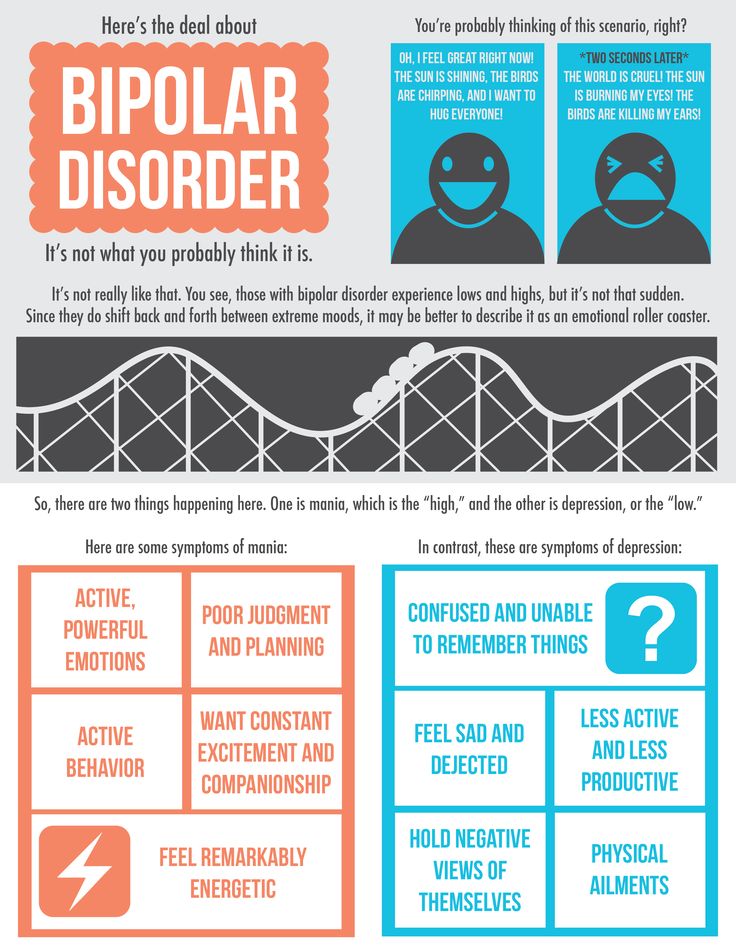 And then they suffered again - already because of failures. nine0003
And then they suffered again - already because of failures. nine0003
The causes of anxiety usually lie in childhood. It is known that the prerequisite for the occurrence of anxiety is the increased sensitivity of the body. But education also plays a significant role. If parents overprotect the child, control his every step and impulse, make constant remarks, reproach, pull, then the child loses self-confidence. He begins to fear parental criticism, unrealistic expectations, to worry that he will do something wrong, that is, he feels guilt and anxiety, which can become fixed and develop into a character trait - high anxiety. There are other cases. Being in close emotional contact with the child, a loving, but anxious, suspicious parent unconsciously infects the child with his fears, contributes to the formation of the strongest anxiety in him. Often, without hesitation, parents inspire fear in children with pseudo-threats that never materialize, such as: “I’ll give you to a policeman, I don’t need such a bad boy,” “I’ll leave you, since you behave like that.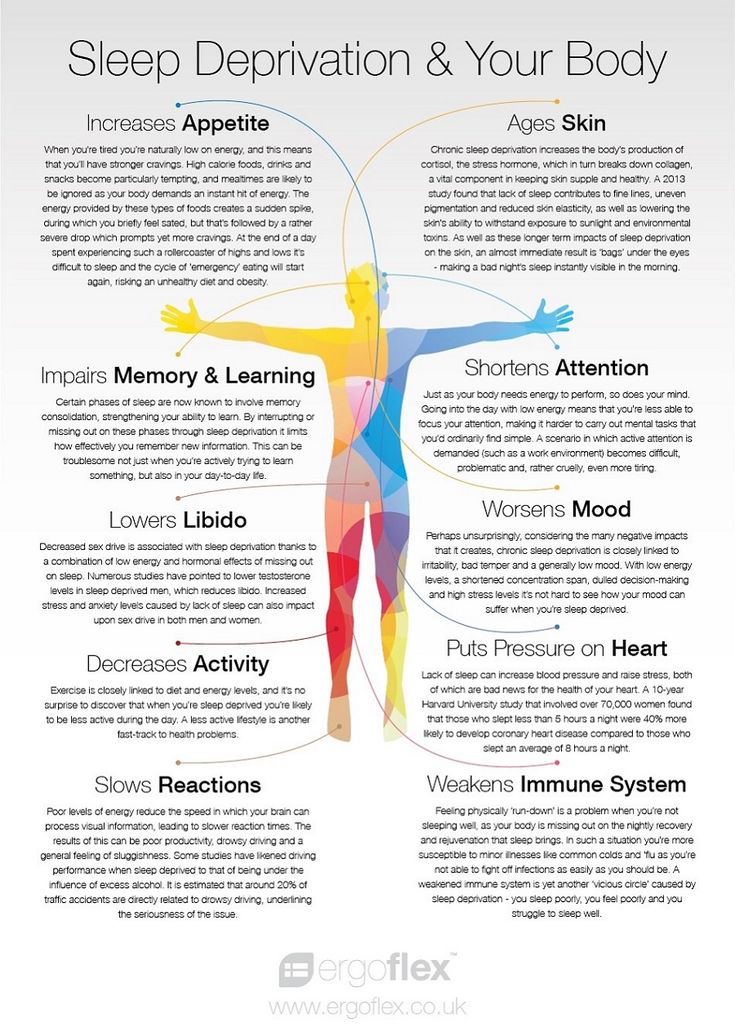 ” nine0003
” nine0003
It happens that adults' anxiety increases and flourishes due to a series of failures, poor work results, constant reproaches from managers. My friend, an experienced highly qualified lawyer, came to work in her specialty at a well-known Moscow theater. As I now know, there is a lot of work for a lawyer, even in theaters. Her boss, the director of the theatre, was an impulsive man, rude in his manner, he did not stand on ceremony with his subordinates - he scolded, devalued successes, tirelessly gave negative feedback. The friend courageously endured such an interaction, but after a few months she became anxious, shy, doubtful, incredulous, pessimistic. Life began to appear to her full of threats and dangers. I'm afraid that her character would change a lot if she stayed there for a long time. nine0003
How to deal with increased anxiety in the workplace?
First, evaluate the level of the tasks being solved - how they really correspond to your current capabilities. Routine and creativity, easy (habitual) and difficult (developmental) tasks should make up a magical proportion of 80 to 20. If this proportion is regularly violated in favor of complex tasks, then stress arises, which leads to the formation of an alarming internal complex.
Routine and creativity, easy (habitual) and difficult (developmental) tasks should make up a magical proportion of 80 to 20. If this proportion is regularly violated in favor of complex tasks, then stress arises, which leads to the formation of an alarming internal complex.
Secondly, learn to perceive any work situation "from above", from the position of an observer. Such a position allows us to reduce the emotional intensity, add objectivity and rationality to our vision, see the value and semantic aspect of the problem. nine0003
Thirdly, a constant alarm is a distress signal. If you worry a lot, but do not always understand the reasons, you must urgently unravel and analyze the true causes of anxiety. There are times when "work" anxiety actually masks anxiety associated, for example, with hidden family difficulties. Awareness of this fact allows you to focus attention and direct efforts towards solving real problems. If it was not possible to identify the causes of anxiety, then this is also a result.


